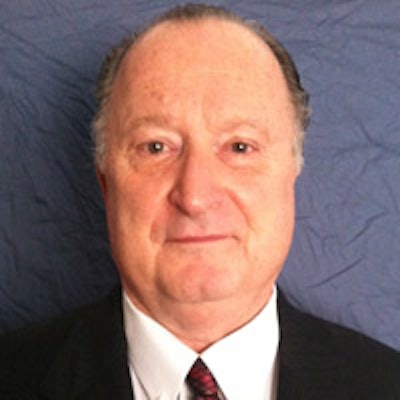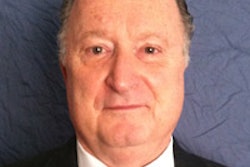
In two recent DrBicuspid.com articles -- "Dental brokers ought to go the way of travel agents" (September 4, 2014) and "Buyer-driven transaction costs with no broker fees to sellers" (September 17, 2014), I focused on the underpricing of dental practices sold on conditions of conventional dental practice brokerage.
 Thomas Climo, PhD, is a dental practice management consultant and a past professor of economics in England.
Thomas Climo, PhD, is a dental practice management consultant and a past professor of economics in England.Those who disputed my claim provided no evidence to the contrary, only opinion, but then the same could be said of me. Thus, I went in search of confirmation of the hypothesis that underpricing is a prevalent phenomenon in need of reversing for the sake and benefit of those dentists selling their practices.
When in search of a handle on a research topic, one of the most renowned bodies in the U.S. is the National Bureau of Economic Research (NBER) in Cambridge, MA.
The NBER's research activities are mostly identified by 19 research programs on different subjects and 14 working groups. From this research come the NBER's working papers.
A new working paper of the NBER (No. 20529, August 2014) took on the task of examining the proposition of whether brokers or salespeople are inclined to a lower price than that of an owner. The paper is entitled, "The Impatient Salesperson and the Delegation of Pricing Authority." The author is Edward Lazear, the Steele Parker Professor of Human Resources Management and Economics at the Stanford Graduate School of Business and a Morris Arnold Cox Senior Fellow at the Hoover Institution. He was also the chief economic advisor to President George W. Bush.
Following is an abstract of Dr. Lazear's research. Forgive me if I have a big smile on my face as you read his abstract:
Sales agents are impatient relative to owners. If a good fails to sell, the owner still retains possession of that good and can enjoy its services, whereas the agent receives nothing. As a consequence, sales agents prefer a lower price than does an owner. Owners are therefore reluctant to delegate pricing authority to sales agents even when the agents have superior market information. Pricing authority is more likely to be delegated to agents when the owner lacks monopoly power and sells competitively and when the good is a non-durable. Agents who are given pricing authority are less likely to be paid commissions and more likely to be on a straight salary.
Dr. Lazear's three-paragraph conclusion to his working paper:
Commission-paid salespersons, if allowed to set price, will generally choose a lower price for a good than would the owner of the good. The reason is that an owner can enjoy the services form an unsold good, but a salesperson receives nothing in the absence of a sale. As a consequence, salespersons are impatient and set too low a price. To counteract this tendency, owners may refuse to delegate pricing authority to agents.
For purposes of the dental industry, I expand in italics Dr. Lazear's second paragraph to read:
The problem is most pronounced for durable goods and institutions where there is some monopoly power or barriers to entry (as in the need for a license to practice in a state and state practice laws limiting ownership to only state-licensed practitioners) in the market for that good, as is the case in the sale of dental practices.
In situations where agents have superior information or cheaper time than owners, it may make sense to allocate pricing authority to agents. When pricing authority is given to agents, pricing incentives can be aligned by paying agents a straight salary that is independent of sales. Although this sacrifices other motivating aspects of performance pay, it has the virtue that it eliminates the incentive to distort the pricing decision.
It is nice to be right, and my only apology is that I did not accompany my original hypothesis and finding with this research. As a selling dentist, you now have the correct perspective; so do the right thing. Make your sales price decisions hand in hand with an informed source that has a knowledge of asset and equity pricing (an economic or financial consultant), not a dental or transition broker whose only interest in the game is a big piece of the pie of your sales price.
Thomas Climo, PhD, is a financial consultant with offices in Las Vegas and Melville, NY. He was a tenured professor of economics at a major university in England and currently handles the dental practice management/dental service organization (DPM/DSO) framework for more than a dozen solo practitioner dentists in 10 states, each with multiple facility practices. He can be reached by phone at 702-578-2757 or by email at [email protected].
The comments and observations expressed herein do not necessarily reflect the opinions of DrBicuspid.com, nor should they be construed as an endorsement or admonishment of any particular idea, vendor, or organization.


















